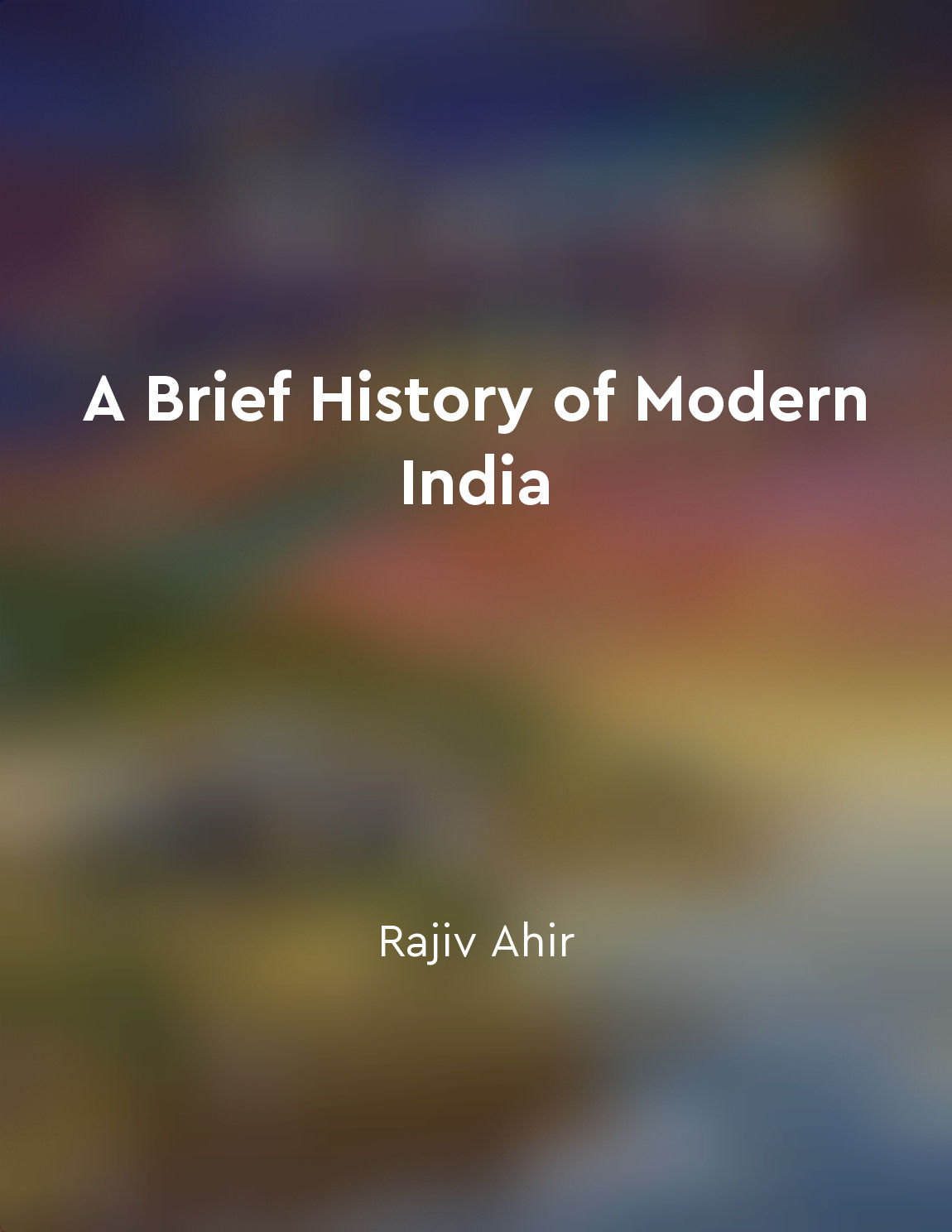The conflict in Northern Ireland was not solely about religious differences, but also political and economic grievances from "summary" of The Myth of Religious Violence by William T Cavanaugh
The conflict in Northern Ireland, often referred to as the Troubles, was a complex and multifaceted issue that cannot be reduced to a simple narrative of religious violence. While it is true that there were deep-seated religious divisions between Catholics and Protestants in the region, it is important to recognize that the conflict was not solely about religious differences. Political and economic grievances played a significant role in exacerbating tensions and fueling the violence that plagued Northern Ireland for decades. At the heart of the conflict were questions of power, identity, and belonging. The division between Catholics and Protestants in Northern Ireland was not just a matter of religious doctrine, but also a reflection of broader political and social disparities. Catholics, who were historically marginalized and discriminated against in Northern Ireland, often saw the unionist government as representing the interests of the Protestant majority at their expense. This sense of political exclusion and economic inequality fueled resentment and mistrust between the two communities. The conflict also had deep roots in the history of British colonialism and the legacy of partition. The division of Ireland into two separate entities, Northern Ireland and the Republic of Ireland, created a lasting sense of division and alienation among the Irish people. The imposition of a political border that cut through communities and separated families only served to deepen the sense of injustice and resentment that fueled the conflict in Northern Ireland. Moreover, the Troubles were not simply a matter of religious zealots fighting over matters of faith. The violence that wracked Northern Ireland was often driven by political actors with clear strategic objectives. Paramilitary organizations on both sides of the conflict used religion as a rallying cry to mobilize support, but their ultimate goals were political in nature. The struggle for power and control over the region's resources and institutions was a driving force behind much of the violence that took place.- While religious differences certainly played a role in the conflict in Northern Ireland, it is essential to understand that the Troubles were not solely about matters of faith. Political and economic grievances were central to the dynamics of the conflict, shaping the experiences and perceptions of those involved. By recognizing the complexity of the issues at play, we can gain a more nuanced understanding of the roots of violence in Northern Ireland and work towards a more comprehensive and sustainable peace.
Similar Posts
Environmental damage leads to resource depletion
Environmental damage is a serious issue that can have far-reaching consequences. When human activities harm the natural environ...
There is a danger in essentializing religions as inherently violent or peaceful
To essentialize religions as inherently violent or peaceful is to oversimplify complex phenomena. It ignores the diversity of b...

Bofors scandal and corruption in politics
The Bofors scandal emerged as a significant episode in the realm of Indian politics during the late 1980s. It involved allegati...
The conflict in Northern Ireland was not solely about religious differences, but also political and economic grievances
The conflict in Northern Ireland, often referred to as the Troubles, was a complex and multifaceted issue that cannot be reduce...
Imagined communities transcend boundaries
The notion of imagined communities suggests that nations are essentially constructed entities, bound together by shared beliefs...

